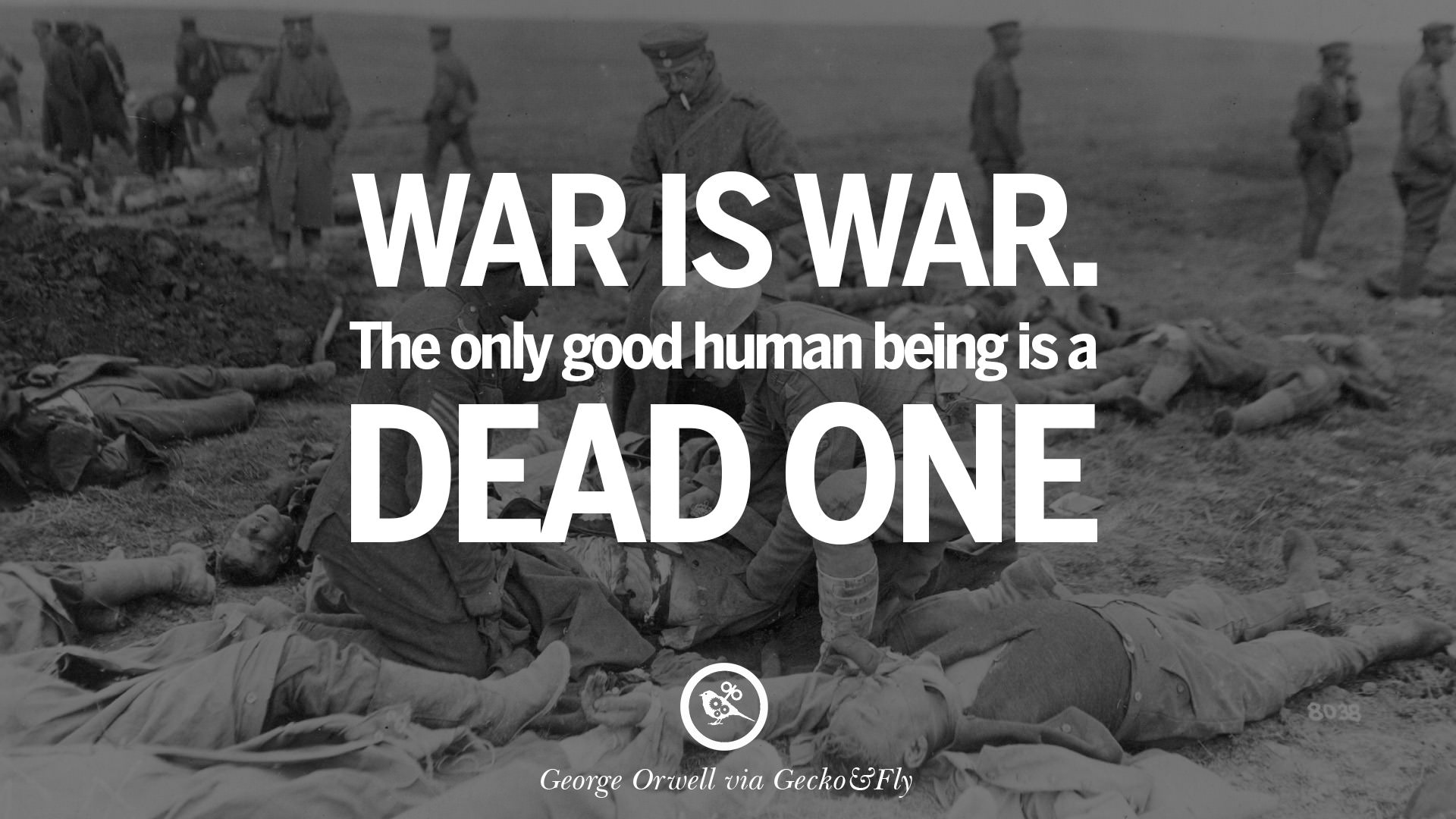
For reasons that I will explain by means of comedy duo Flanders and Swann, I think Orwell’s picture itself embodies a disguised English prestige nationalism. We are invited to take “patriotism” as the name of a virtuous love, and “nationalism” as a bin of vice. Underlying such refinements, what Orwell and Gary have in common is a moral judgement that parades as a truism. A character sketch is one way of doing political philosophy even back to Plato, and thinking about how an individual and a collective prestige obsession operate - about how they can differ and yet resemble each other - is fruitful. Someone can be attached to communism with much of the psychological force that their father was attached to the nation. Something of Orwell’s expanded notion is enlightening, because nationalism is a psychological phenomenon, among other things. One could develop such a “nationalism” of the Chelsea football club, or of the Communist International, or Somerville College. The abiding purpose of every nationalist is to secure more power and more prestige, not for himself but for the nation or other unit in which he has chosen to sink his own individuality.

Nationalism, on the other hand, is inseparable from the desire for power. Patriotism is of its nature defensive, both militarily and culturally. The vice of nationalism is an aggressive obsession with power and prestige, and a willed submersion of individual identity in a collective status competition: George Orwell’s distinction points to more dimensions of vice. It poses a distinction between virtue and vice. We owe this formula to émigré novelist, diplomat, and Free French warrior Romain Gary. “Patriotism is the love of one’s own, and nationalism is the hatred of others”.


 0 kommentar(er)
0 kommentar(er)
